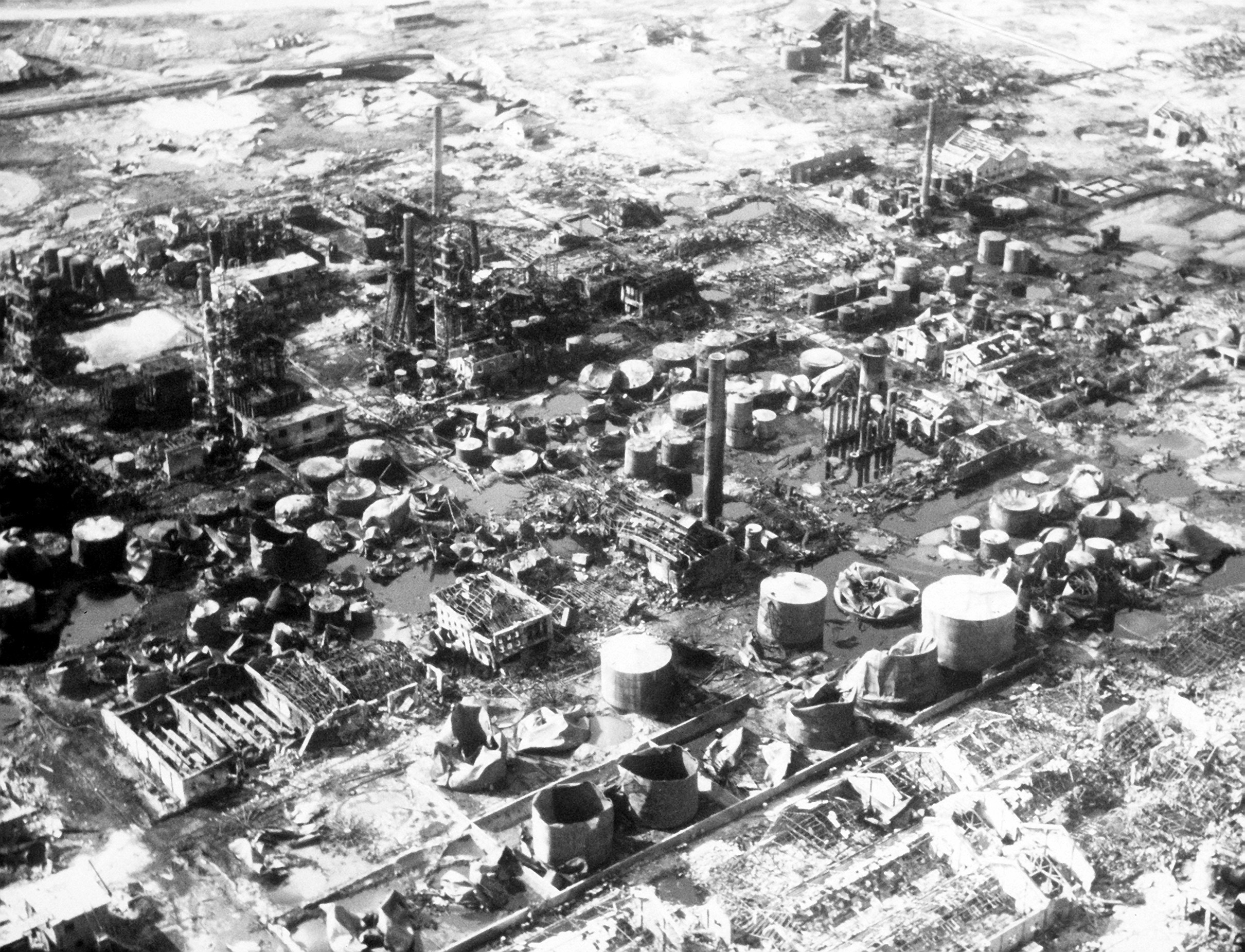This article addresses the long-assumed connection between civil war nations’ oil capacity and the likelihood of third-party intervention. The research shows that third-party intervention is up to 100 times more likely when a) the country at war has large reserves of oil; or b) the foreign intervener has a higher demand for oil.
Ninety percent of the world’s violent conflicts are civil wars. Two-thirds of the 150 civil wars from 1945-1997 saw foreign intervention by third-party governments or international organizations. Often masquerading as advocates for a speedy resolution or humanitarian relief, many have previously argued third-party involvement is more likely focused on encouraging specific political outcomes. This study suggests that intervention of external actors may also take place due to a vested interest in the economic outcomes of the conflict, a less popular stance in past research.
The study contains examples of past interventions by powerful, oil-dependent states in domestic or regional conflicts of oil-producing states—such as the U.S. in Guatemala and Indonesia, or the UK and USSR in the Nigerian civil war. The authors then compare these interventions to those of the top oil exporters of the time—the Gulf States of Bahrain, Oman, Qatar, Saudi Arabia and the United Arab Emirates. Their research shows, even with comparable military spending and capabilities, the oil-secure states were much less inclined to intervene in foreign conflicts than their oil-dependent counterparts.
In fact, throughout the entire scope of their study (1945-1999), the only documented intervention by an oil rich state was Saudi Arabia’s 1962 involvement in Yemen, which lacked any known oil reserves until production started in 1985. Non-intervention was not limited to a certain region.
Other oil-producing countries of the time, such as Mexico and Indonesia, also supported the position of non-intervention in civil wars. More recently, Saudi Arabia has been involved in the Yemen conflict, but any oil related motivations by Saudi Arabia are still to be determined.
Another benefit of this study was the illustration of the frequency by which oil-dependent countries intervene in the civil conflicts of oil-rich states. The authors show that the common justification of spreading freedom and democracy used by oil-dependent nations is in fact hiding the more likely goals of rearranging political stability or leadership to their advantage.
This work gives credence to the proverbial ‘thirst for oil’ displayed by most militarized countries. This ‘thirst for oil’ motivation, although often misunderstood or repeated without factual support, is validated by substantial evidence provided in this study on the possible resource-driven motives behind outside party intervention, aimed at tilting the economic outcomes of war in their favor.
Relevance
Considering past conflicts in oil-rich areas, especially the Middle East, this study is timely in the way it provides evidence for the often-assumed motivation behind third-party intervention. Going to war for oil is a common belief held by many when reflecting on the motives behind U.S. foreign policy. If the findings of this study are more widely known, then the argument behind this belief may gain more traction. In particular, U.S. administrations and representatives can be challenged in their justifications for going to war.
Talking Points
- Oil importing countries are 100 times more likely to intervene in civil wars of oil exporting countries.
- The more oil produced or owned by a country, the higher the likelihood of third-party interventions.
- Oil is a motivating factor for military interventions in civil wars
Practical Implications
Practitioners, policymakers and the media can use this information to inform their audiences of the direct, proven link between oil and a nation’s likelihood to intervene in a civil war. If more people become aware of the true motivations behind third-party intervention, there can be an expected decrease in war support and higher scrutiny of governments the next time there is talk of war.
Also, this research closely relates to our highlighted analysis of The Whole Truth: A Proven decline in war support when the alternatives come to light. If the established connection between oil and war can be integrated into the messaging campaign to promote public awareness of nonviolent alternatives to war, and the support of leaders who promote those alternatives, there might be a drastic decrease in war support.
Keywords: civil war, third-party intervention, resource conflict, oil wars
Photo Credit: Morning Calm Weekly Newspaper Installation Management Command, U.S. Army
Citation: Bove, V., Gleditsch, K. S., & Sekeris, P. G. (2015). “Oil above Water” Economic Interdependence and Third-party Intervention. Journal of Conflict Resolution.

